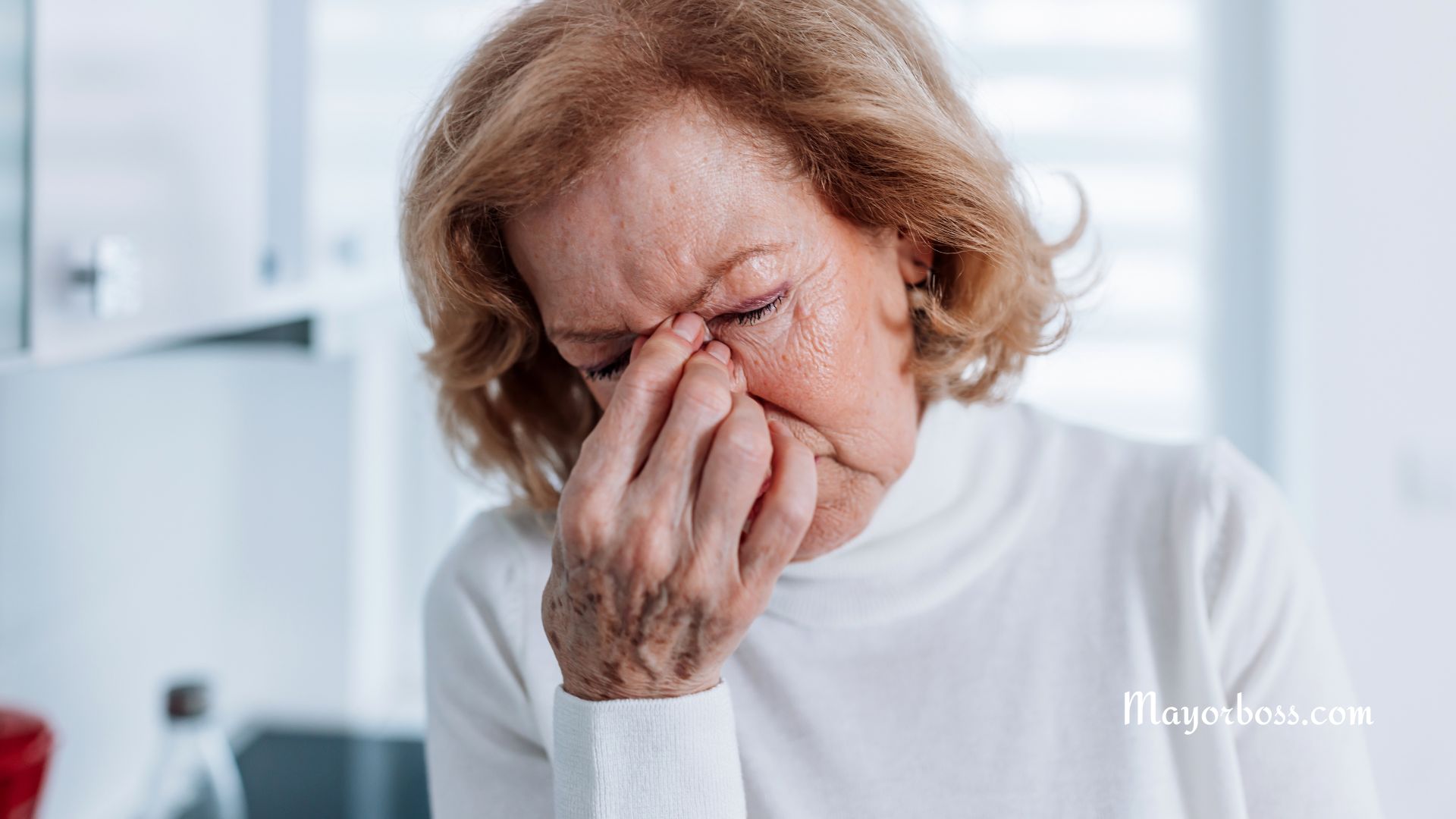Things Your Burps Can Tell You About Your Health
Summary: Burping is a natural bodily function that usually occurs after eating or drinking. While often seen as a simple sign of swallowed air or indigestion, your burps can sometimes signal underlying health issues like GERD, lactose intolerance, or even more serious conditions like an ulcer.

When Burping is Just Burping
You’ve just enjoyed a hearty meal, and you let out a burp. Most of the time, burping is harmless and a sign that your digestive system is working as it should. When you eat, you swallow air along with your food. Your stomach releases this trapped air to make room for more digestion, which results in a burp.
Why Do We Burp?
In essence, burping is your body’s way of getting rid of excess air from the stomach. Swallowed air comprises a mixture of nitrogen and oxygen. After you eat or drink, this air accumulates in the stomach. When the stomach contracts to mix your food with digestive juices, the air gets pushed up and out of your system, producing a burp.
Unpleasant Odors and What They Mean
Have you ever noticed a foul-smelling burp? In most cases, the smell is related to the food you’ve recently consumed. However, a consistent bad odor may indicate certain health issues.
Sulfuric Burps
If your burps smell like rotten eggs, you might be dealing with sulfur burps. Sulfuric burps often arise due to the breakdown of proteins containing sulfur or hydrogen sulfide. While the smell is unpleasant, it can point to gastrointestinal issues like GERD or an H. pylori infection.
Fishy Odor
On the other hand, a fishy smell could be a sign of kidney or liver issues. The breakdown of certain amino acids produces a fishy smell, which is then released when you burp. If you notice this consistently, a visit to the doctor is advisable.
Timing Matters: Post-Meal Burping
How quickly you burp after eating can also reveal something about your health. If you find yourself burping almost immediately after eating, it could be a sign that you’re swallowing too much air as you eat. This is often due to eating too quickly or talking while eating.
Late Burping: A Sign to Watch For
Alternatively, burping that occurs long after a meal might point to issues like indigestion or low stomach acid. Normally, your stomach acid helps break down food efficiently. If it’s not doing its job, burping can occur much later than usual.
When Burping Indicates Something More Serious
While most burping is harmless, consistent, and painful, burping could be a sign of a more serious issue. Excessive burping can sometimes be an early sign of conditions like:
GERD (Gastroesophageal Reflux Disease)
If you experience persistent burping along with a burning sensation in your chest, you could be dealing with GERD. This condition occurs when stomach acid flows back into the esophagus, causing irritation and other symptoms like heartburn.
Lactose Intolerance
When your body can’t digest lactose properly, you might experience excessive burping after consuming dairy products. Other symptoms like bloating and diarrhea can also occur.
Peptic Ulcer
A peptic ulcer is a sore in the lining of the stomach or small intestine. It can cause a variety of symptoms, including burping, nausea, and burning stomach pain.
A Note on Frequency
The frequency of your burps can also offer clues. Occasional burping is usually nothing to worry about. However, if you find that you’re burping more than 20 times per hour, it’s a good idea to consult a doctor for further evaluation.
In conclusion, while burping is usually a benign activity, being mindful of the characteristics of your burps can offer insights into your overall health. When in doubt, don’t hesitate to seek medical advice.
Further Reading: How to Make Yourself Burp






